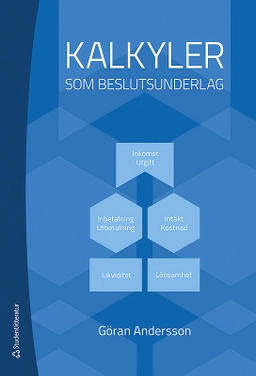

The problem of political authority : an examination of the right to coerce and the duty to obeyUpplaga 2013
- Upplaga: 2013e upplagan
- Utgiven: 2013
- ISBN: 9781137281654
- Sidor: 365 st
- Förlag: Palgrave Macmillan
- Format: Häftad
- Språk: Engelska
Om boken
Åtkomstkoder och digitalt tilläggsmaterial garanteras inte med begagnade böcker
Mer om The problem of political authority : an examination of the right to coerce and the duty to obey (2013)
2013 släpptes boken The problem of political authority : an examination of the right to coerce and the duty to obey skriven av Michael Huemer. Det är den 2013e upplagan av kursboken. Den är skriven på engelska och består av 365 sidor. Förlaget bakom boken är Palgrave Macmillan som har sitt säte i London.
Köp boken The problem of political authority : an examination of the right to coerce and the duty to obey på Studentapan och spara pengar.
Referera till The problem of political authority : an examination of the right to coerce and the duty to obey (Upplaga 2013)
Harvard
Oxford
APA
Vancouver



















